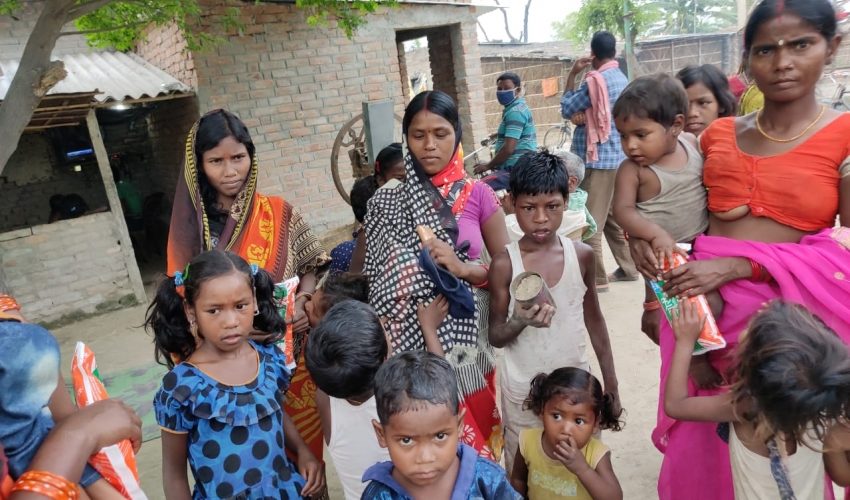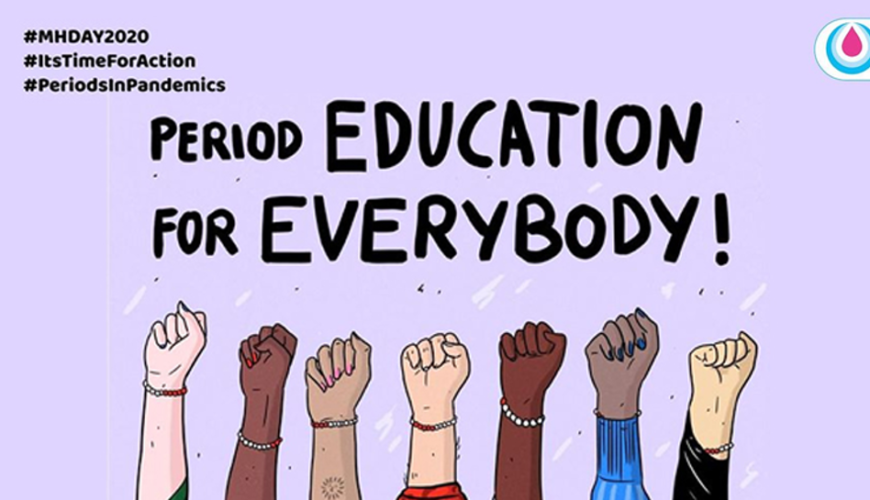
While we’re busy re-thinking plastic bags and containers, there’s one serious single-use plastic offender that’s received much less attention, and that’s periods. One pad has 4 plastic bags worth of plastics!
CAUSE
THE ISSUE
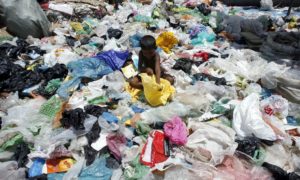
Each year, approximately 12 billion pads and 7 billion tampons are discarded in the U.S alone, and about 100 billion are dumped onto mother nature globally. That’s enough waste to circle our planet 250 times.
Sanitary products are the fifth most common item found on Europe’s beaches, more widespread than single-use coffee cups, cutlery, or straws. Some 200,000 tonnes of material is believed to end up in UK landfill every year.
India produces 9000 tonnes of sanitary waste, which is about 90% as heavy as the Eiffel Tower.
Plastics and non-compostable materials in period products can take 500 to 800 years to bio-degrade. Our sanitary “footprint” will far outlive our own lives, and remain for the generations to come.
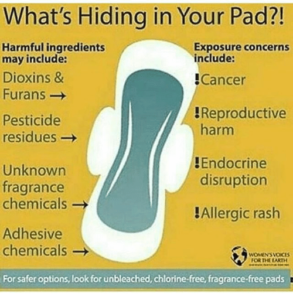
An average woman uses 12,000 to 18,000 disposable period products in her lifetime. Not only a vast amount of plastic waste is generated, but the hidden chemicals used in modern products cause an increased health risk due to exposure to the most intimate, highly absorbent parts of our bodies.
Some chemicals found include “styrene (a human carcinogen), chloromethane (a reproductive toxicant), chloroethane (carcinogen), chloroform (a carcinogen, reproductive toxicant, and neurotoxin), and acetone (an irritant).
THE WAY FORWARD
The easiest waste to manage, is the waste that we did not produce.
A commitment and active effort are good starting points. Fortunately, there are an array of sustainable products including reusable products and organic bio-degradable products available in the market. While reusable alternatives are ideal to the environment and body, there is a learning curve to successful adoption.
Eco-friendly products may seem expensive at first. But investing in reusable products ends up being cheaper than repeatedly buying boxes of tampons or menstrual pads. Leading products are made of 100 percent organic cotton, natural bamboo, cellulose, and veggie gum glue are also compostable. They are also chemical, dye, and bleach-free.
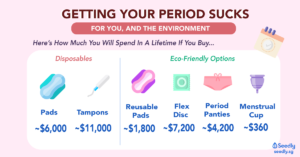
Featured Options:
-
-
- Menstrual Cups
- Reusable Cloth Pads
- Organic Pads & Tampons
- Period Pants
- Reusable tampon applicators
-
Let us have Rash Free, Trash Free, and Cash Free Period!
s
OUR SOLUTION
-
-
- Advocate reusable/bio-friendly alternatives in our awareness campaign.
- Methodically introduce reusable organic cloth pad production in our micro-factory.
- Donate Sanitary Pad Incinerators to address the need of the hour
-
S
Pad Incinerator Program
Cost: $100 per Incinerator
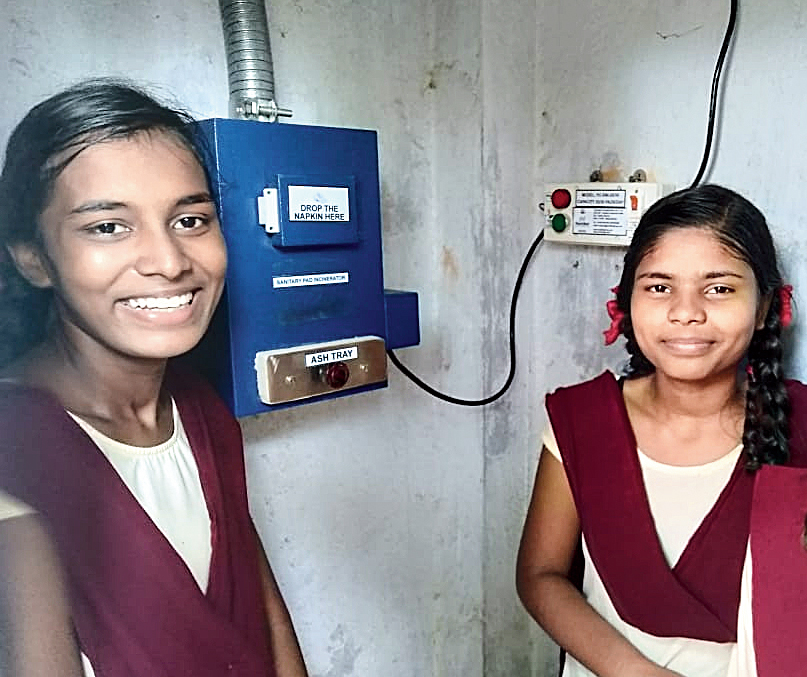
Install Incinerators in rural schools with feminine-friendly toilets and electricity. The incinerator disposes of pads in an environment-friendly method by burning the pads and converting them into ash.
Scheduled Event:
Shine is seeking funds to install incinerators for the below schools in rural South India.
-
-
-
-
- Anaikatti Tribal Village Schools, India ( 2 Incinerators)
- Kumbakonam Rural District Schools, India (5 Incinerators)
-
-
-


